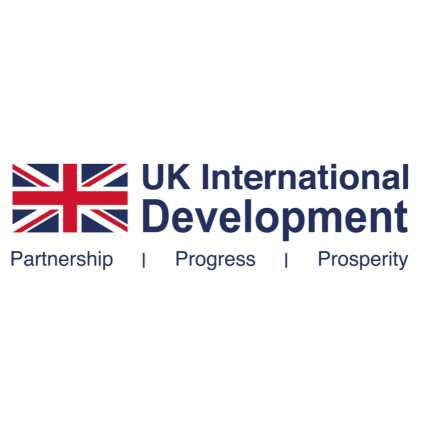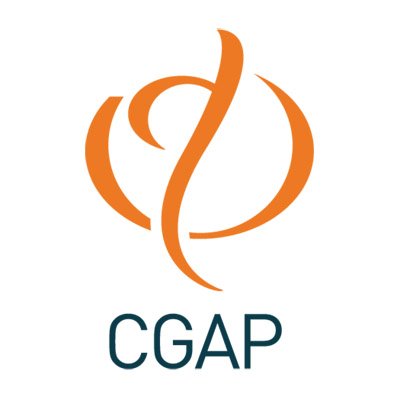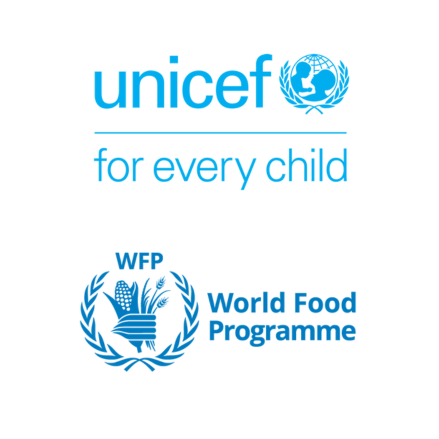Building A Coordinated Momentum for ASP in the Sahel
Since 2014, the Sahel Adaptive Social Protection Program (SASPP) objective is to support six Sahelian countries — Burkina Faso, Chad, Mali, Mauritania, Niger, and Senegal — to operationalize and scale-up sustainable adaptive social protection (ASP) systems to increase poor households’ resilience to climate change and effectively respond to climate-related and other shocks.
The SASPP multi-donor trust fund is managed by the World Bank (Social Protection and Jobs Global Practice) and supported by donor contributions from the Agence Française de Développement (AFD), the German Federal Ministry for Economic Cooperation and Development (BMZ), the Ministry of Foreign Affairs of Denmark, and the United Kingdom Foreign, Commonwealth, and Development Office (FCDO).
To effectively support governments in increasing coverage of adaptive social protection systems, SASPP has established robust collaborative partnerships with financial and technical partners in the Sahel. SASPPs proposal is to leverage its convening role to foster partnerships, interests, alignment, and ultimately financing, to co-construct adaptive social protection national systems that are predictable, efficient, inclusive, and equitable.






